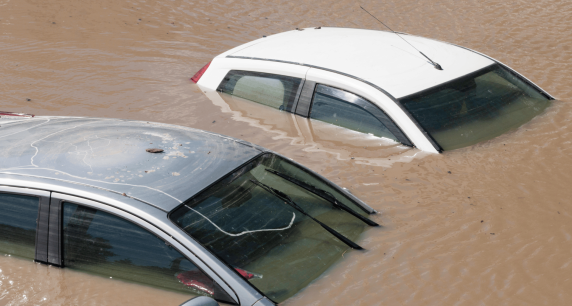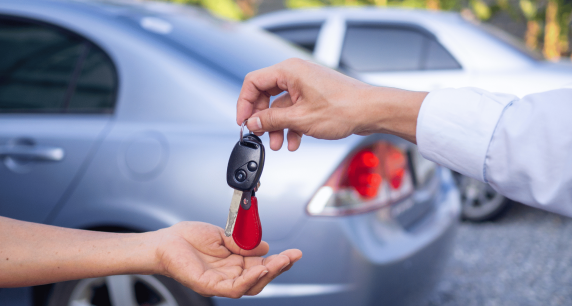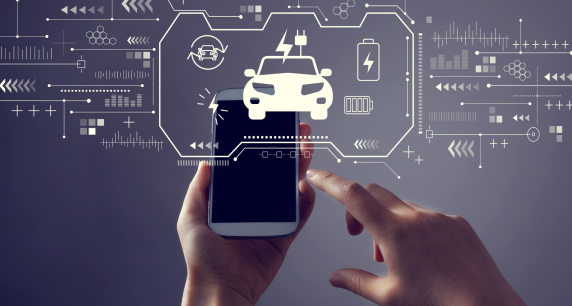Diagnose: Why Won’t My Car Start
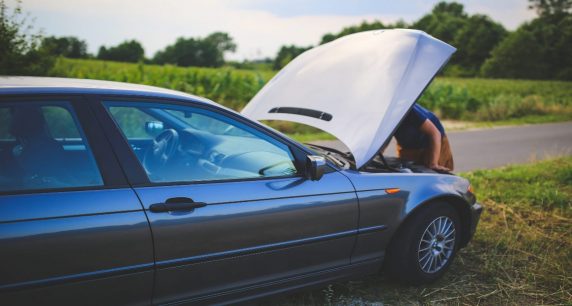
If your vehicle won’t start, it’s usually caused by a dying or dead battery, lose or corroded connection cables, a bad alternator or an issue with the starter. It can be hard to determine if you’re dealing with a battery or an alternator problem. Here’s how to know which one is the issue.
TOP REASONS WHY CARS WON’T START
- Flat, faulty or dead battery

The battery’s usually the main issue behind issues with starting your car. In fact, battery problems were the main that wouldn’t make the car start.
There are a few ways your battery might go flat or even die:
- Something electrical was left on in the car, like the lights, which ran the battery down.
- You haven’t driven your car for a long time.
- A fault with one of the battery components.
If the car makes a rapid clicking sound when you turn the key but won’t start, it could be the battery. A jump start might get you going again but you may need to replace the battery or have a mechanic check it for problems and corrosion.
Battery problems are particularly likely to happen in cold weather, when the battery gets cold and struggles to hold its charge.
- Starter motor problems
Almost of the cars we see that won’t start have a problem with the starter motor. The starter motor is connected to the car’s battery and sets the engine in motion when you start the ignition.
A symptom of a faulty starter motor might be a loud click when you try to turn the key in the ignition. If there’s a problem with the starter motor, a mechanic will need to check it along with the car’s electrical system.
- Fuel problems
Fuel problems are responsible where we’re called out to a car that won’t start. That includes issues with the fuel pump and electrical or mechanical issues with the fuel system.
- Electrical or wiring problems
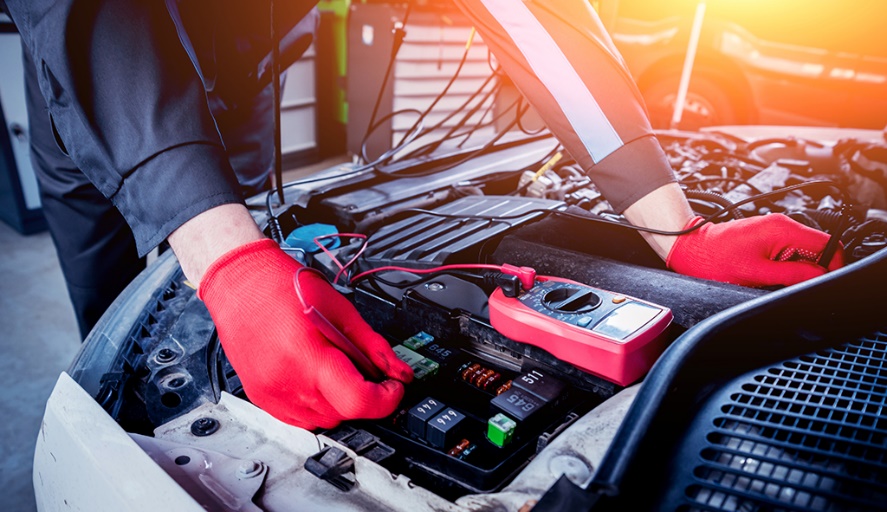
For non-starting cars we attended had an electrical problem or an issue with the wiring. These included issues with the fuse box, with battery cables or with the body control unit.
5. Engine problems

Problems with the mechanics of your car’s engine can stop the car from starting. The main culprits are usually the crankshaft or the timing belt and timing chain. This could be the problem if the engine won’t turn over or starts and stalls.
- Faulty immobilizers
Sometimes, your car’s security system might actually stop you from starting the car if it doesn’t recognize your key. This might be because the battery in your key fob’s low. Alarm and immobilizer issues make up nearly 3% of the breakdowns we see.
Try holding your fob right against the start button or try a spare key. If it’s still not working or you don’t have a spare, you might need to get a new key.
- Alternator problems
Alternator problems are responsible of the cases a car that won’t start. They include issues with the alternator drive belt and the wiring.
The Alternator supplies the electricity needed to operate the lights, radio and heating. It also charges the car battery.
- Engine intake issues
Problems with the engine intake include faulty fuel injectors, throttles, and fuel pressure regulators and sensors. If you struggle to start the car and have also noticed a whining or sputtering from the car recently, it could be a problem with the fuel system.
- Jammed ignition or steering lock
If you can’t turn the key in the ignition, the steering lock might be jammed. This can be caused by a wheel pressing hard against a kerb or by parking with the steering wheel in full lock.
You can try these steps to free it up:
- You should be able to move the steering wheel slightly with the steering lock on.
- Try to find the free-play area by rocking the steering and see if the key will turn at this point.
- Sometimes it’s easier to do with 2 people.
- Don’t try to force the key or it may break.
You can often free a jammed lock yourself without needing a mechanic.
- Spark plugs
A common issue is a flooded petrol engine. This happens when the engine’s switched off too soon after being started from cold. The unburned fuel which entered the engine remains there after you turn it off. That wets the spark plugs and makes it hard to restart the car.
It could be a flooded engine if you hear a very fast cranking sound when you turn the key (usually a ‘whirring’ sound). You might also notice a strong smell of petrol or the car may start briefly and cut out again.
- Low Ad Blue
If you’ve run out of Ad Blue, you won’t be able to restart the engine. You may have to call out a mechanic as some car models need software to restart them.
It’s easy to avoid running out though – your car will show you a warning with a countdown on the dashboard to give you time to top up.

